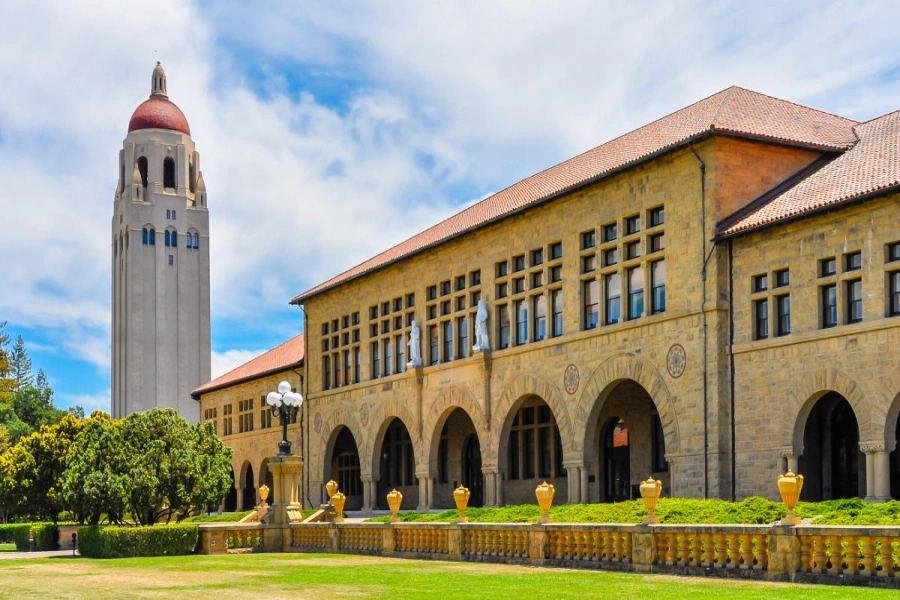KATHMANDU, Jan 17: A committee formed by the Ministry of Finance (MoF) to recommend measures to address the shortage of lendable funds has concluded that the government does not need to offer any relief for the bank and financial institutions (BFIs) at this moment.
The committee, which was formed last month under MoF under-secretary Ram Sharan Pudasaini to look after the shortage of liquidity in the banking industry, submitted its report to the ministry last week.
Pudasaini, who is also the head of the MoF’s Economic Policy Analysis Division, told Republica that there was nothing that government could do to address the shortage of lendable fund in the banking system.
“The committee found that this is not a liquidity problem that commercial banks have faced, but shortage of lendable fund due to mismatch in the growth of deposit and loan,” said Pudasaini, adding that the government could not come to help commercial banks in making investments. “The government looks the situation in totality, rather than the problem that few commercial banks face. We found that the problem is not as serious for the government to intervene,” he said.
Banks’ profits continue to surge despite shortage of lendable f...

According to Pudasaini, there was a lendable fund of over Rs 50 billion with banks when the committee submitted its report. Amid demands from bankers to channelize the surplus of government funds to banks, he said that the current laws and rules do not allow such transfer. “The fund can be channelized only after the amendment in laws and regulations. This is something that we can work out on a long term to address the recurring problem of volatility in liquidity,” he said.
The conclusion of the committee comes against the expectation of bankers that the government will provide them some relief on resolving the shortage of lendable fund. Many banks have already halted their lending as they do not have funds that they can expand as loans. As the rule on prudential lending limit does not allow banks to lend more than 80 percent of what they have core capital and deposits combined, known as core-capital-cum-deposit ratio, some banks have already crossed the ratio while many are at the saturation level. Making the matter worse, an additional fund to the tune of Rs 60 billion has been withdrawn from the banking system by depositors at the end of the second quarter to pay the government taxes.
“The banks should find deposits themselves. If it’s the problem of liquidity, they can use the instruments floated by Nepal Rastra Bank,” said Pudasaini. “The government does not need to do anything.”
MoF’s committee’s conclusions:
l Current laws and rules do not allow to channelize government surplus fund to commercial banks
l Current situation does not call for government’s relief
l Government cannot do anything to address problems faced by some commercial banks
l Commercial banks should find deposits or solutions themselves
l Commercial banks can use Nepal Rastra Bank’s instruments if they face liquidity shortage




















